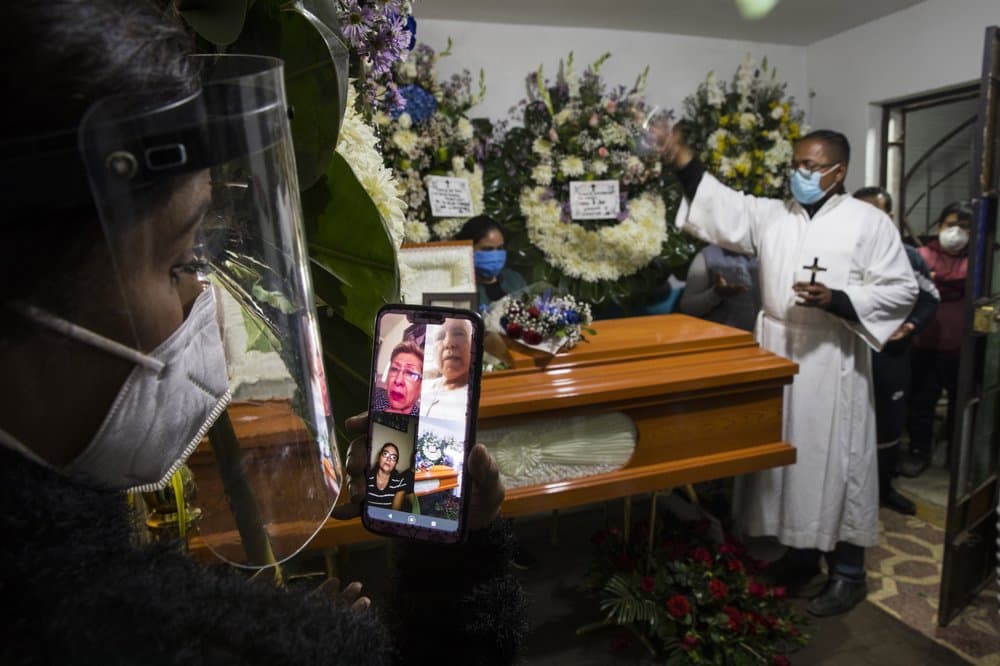Although the government of Nicolas Maduro is trying to project the theme of “reconciliation” ahead of Venezuela’s parliamentary elections set for December, forces aligned to him are continuing to cause havoc; in particular targeting charitable efforts aimed at helping the poor.
On Monday, the Forces of Special Actions, labelled by the opposition as the “death squad” of the party founded by late Hugo Chavez, attacked the NGO Acción Solidaria, which was distributing free medicine.
The forces kidnapped six of the NGO’s workers, accusing them of “selling expired medicines.” The six employees were detained for several hours without being able to contact their families or their lawyers for several hours.
By Tuesday, the people had been released and their seized materials returned, but as of Thursday, the volunteers were still trying to put things back in order so they could open their doors once again in a country where people must bring their own bandages to the hospital.
Acción Solidaria has been working in Venezuela for over 25 years and has served thousands of people – its prominence means the case garnered media attention in the Spanish-language press, but it’s far from isolated event.
On social media, several other NGOs have described several similar stories, but the lack of press coverage meant the resolution wasn’t always as positive.
The Commission for Justice and Peace of the Venezuelan bishops’ conference, together with Caritas Venezuela, released a statement “firmly rejecting the violation of human rights and the deprivation of freedom of humanitarian workers of the Acción Solidaria organization.”
It was released on Monday, when the Acción Solidaria workers were still missing, and was signed by Cardinal Baltazar Porras Cardozo of Caracas, and Monsignor Roberto Luckbert Leon, the head of the Justice and Peace commission.
In the letter, the prelates condemned “the non-transparent procedure adopted to search the headquarters of this NGO,” and said the pro-Maduro forces “constrain the operational freedom of humanitarian workers in the country and make them the target of persecution and threats.”
They also appeal to the state “to preserve the life and physical integrity of the community throughout the national territory,” and for civil authorities “not to criminalize activities that are inspired by humanitarian principles and international humanitarian law, and not to hit the assets intended to mitigate requests for help in the areas of health, food, water and other services essential for the life of over 7 million vulnerable people in the country.”
Maduro took power after Chavez died from cancer in 2013, but has failed to gain his predecessor’s popularity. Ever since the opposition took control of the country’s National Assembly in 2015, Maduro has used the courts to strip the body of its legislative power.
For the last several years, Venezuela has been in a deep economic crisis, with hyperinflation and high unemployment leading to millions of Venezuelans not being able to put food on the table. According to the World Bank, 87 percent of the population of Venezuela is living below the poverty line.
The coronavirus pandemic has made the situation much worse.
Maduro has called for elections, but the opposition has been ambivalent: They don’t trust the process will be fair and transparent. Some have called for a boycott of the poll, but others fear that the government will press ahead and that if the opposition doesn’t participate, they will lose their majority in the National Assembly.
For several years now, the bishops of Venezuela – with the backing of the Vatican – have asked the Maduro regime to open humanitarian corridors so that international aid can be distributed.
However, the president refuses to acknowledge there is a crisis, and only allows aid to come from Russia, China, Cuba, Iran, and a handful of other countries.
According to the United Nations, 4.5 million Venezuelans have fled the country, an estimated 12 percent of the population.
CARE, a global NGO, released a report in late 2019 saying that thousands of children are at risk of dying from malnutrition, and people are contracting formerly eradicated diseases such as measles.
“Women and girls are suffering disproportionately in Venezuela,” the report continues.
“Trafficking of women for sex and forced labor is increasing throughout the region. The spiraling levels of poverty, both for Venezuelans inside the country and those fleeing within the region, have forced many women into sex work. Teenage children seeking refuge in churches in the capital of Caracas have told stories of how their parents were forced to send them to be sex workers to provide for the family.”
The Catholic Church has played a key role in providing humanitarian aid, with bishops even filling their luggage with medicine and other needed supplies when they return from trips abroad.
Members of Caritas Venezuela told Crux that the Church’s efforts are not sufficient to meet the need, and that raids such as the one experienced by Acción Solidaria make them fearful for what’s to come.
Follow Inés San Martín on Twitter: @inesanma













